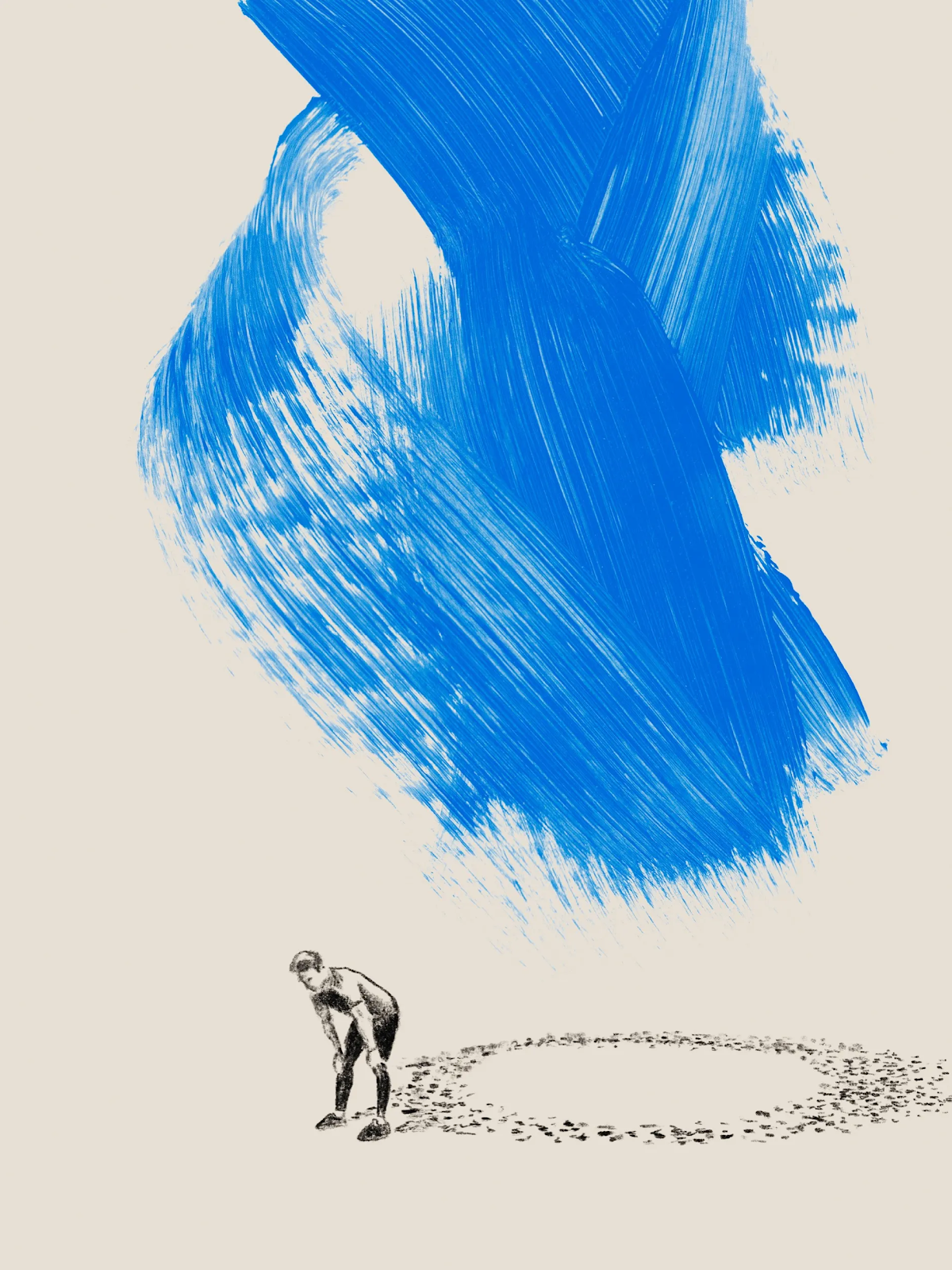New Yorker Fiction Review #305: "Crown Heights North" by Rivka Galchen
Review of the short story from the Dec. 25, 2023 issue of The New Yorker...
A story by Rivka Galchen is enough to make me get off my gazoo and start reviewing New Yorker short stories again. This one was kind of a light snack. Nothing overly consequential but an interesting sort of exercise -- pun intended -- about one man's afterlife, which (impossibly) somehow includes a running app.
The main character -- who is now dead -- died in his mid-fifties, and has not been a runner since his mid-30s. Personally, I hope Rivka Galchen is not here suggesting that giving up running leads to an untimely middle-aged death, but I doubt it. The story seems to have more to do with the main character's crossing the border between life and death and realizing -- for better or for worse (does it even matter at some point) -- that there are no great secrets to be revealed in death. In fact, in Rivka Galchen's vision, the process of crossing over to the next realm is somewhat like life itself: you have no real choice but to keep going, but you are not alone in the process. In the case of this man's afterlife, he has the running app's Global Head Coach who, we must assume and it would be ridiculous not to, is a stand-in for God.
If there was a such thing as a short story catalogue or library for every short story ever written, there would be an entire section for short stories that take place within the author's vision of the afterlife. It's almost its own genre of fiction. Never personally been my favorite, but it's a subject a lot of writers turn to at some point. Writers are, after all, human beings and as human beings we all know we're going to die and are obsessed with that fact, to varying degrees. How we, as individuals, deal with this immutable fact is as varied and deeply personal as our own personalities and inner lives.
Thus, in a way, a story like this feels like the author being as open and vulnerable as she possibly can be, about one of the most intimate topics human beings deal with and will always have to deal with. In Rivka Galchen's vision, death and dying are indeed no picnic -- the main character looks back on a swirling whirlpool of visions, hallucinations, and memories while in the ICU -- but it is bearable and there is guidance throughout the process.
As someone who used to run but who now hates running for fitness (I believe in staying in shape, even running on a treadmill, but jogging/running outside, on the street is not something I plan to do much of ever again in my life), I do like Rivka Galchen's use of running as a sort of "purgatory" that has to be gotten through in order to reach whatever is beyond.


Comments